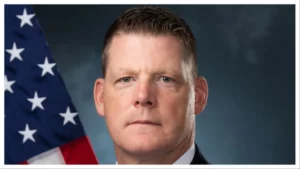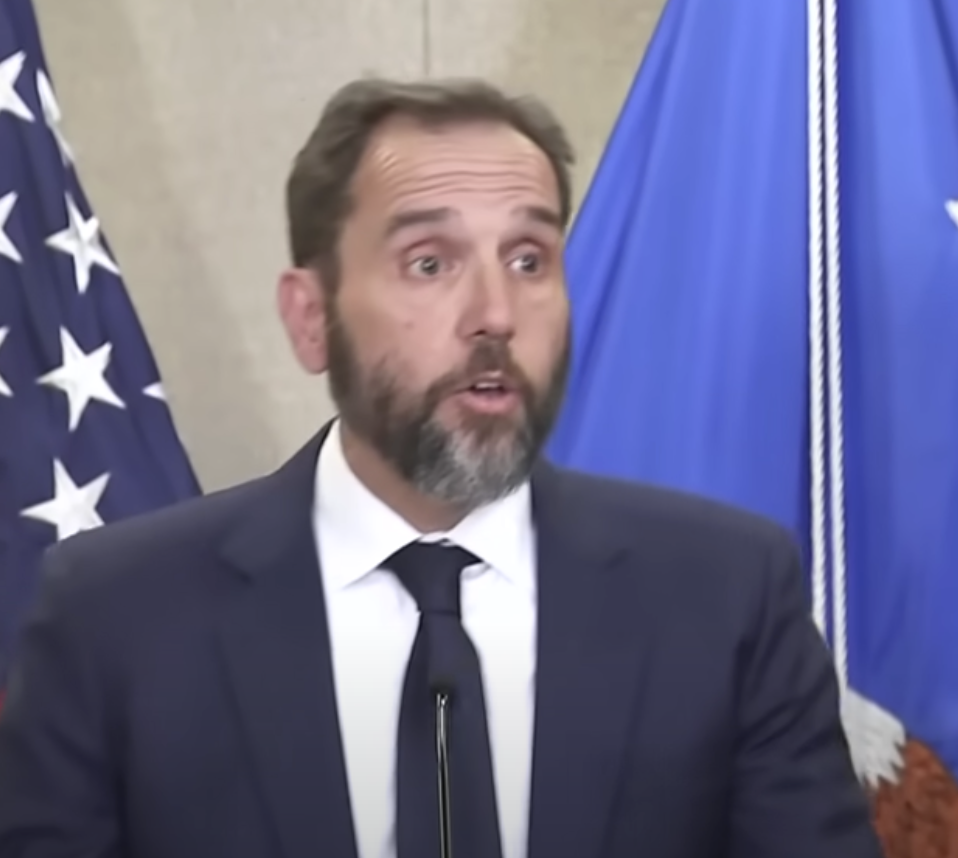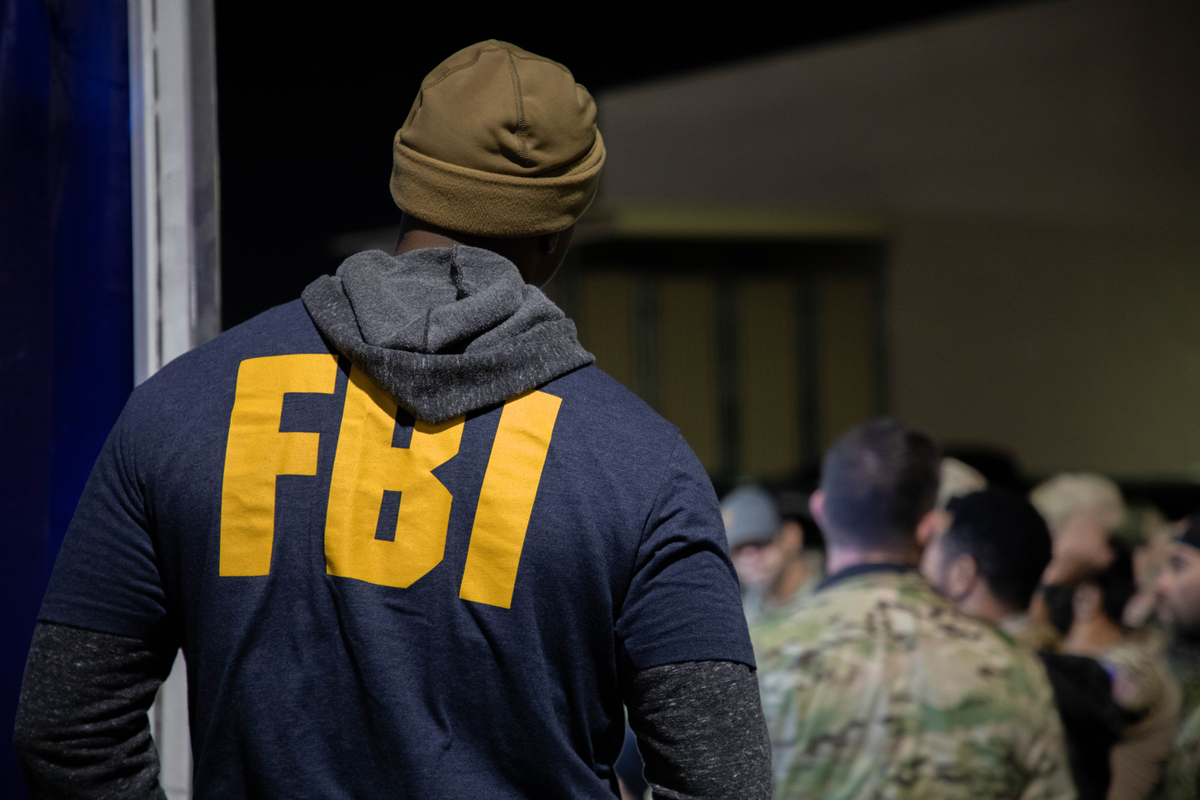By Steve Neavling
Sitting in the hot seat Tuesday, the new leader of the Secret Service, Ronald Rowe, was blunt about the security lapses that led to the assassination attempt of former President Trump.
Rowe said he went to the rally site in Butler, Pa., where 20-year-old Thomas Crooks fired shots at Trump with an AR-15-style rifle and got into a prone position to observe the line of sight personally, The Wall Street Journal reports.
“What I saw made me ashamed,” Rowe told a Senate committee. “As a career law-enforcement officer, and a 25-year veteran with the Secret Service, I cannot defend why that roof was not better secured.”
Still, Rowe placed some of the blame on local officials, saying they were supposed to cover the building and its roof.
Republican Sen. John Cornyn took issue with Rowe’s statement, saying the Secret Service’s ultimate responsibility is keeping Trump safe.
“Isn’t that something that Secret Service should have covered, as opposed to delegating it to local law enforcement?” Cornyn asked.
Rowe responded, “We assumed that the state and locals had it. I can assure you that we’re not going to make that mistake again.”
Sen. Richard Blumenthal, a Democrat, asked Rowe, “Ultimately, doesn’t the buck stop with the Secret Service?”
“It stops with us, sir,” Rowe said, but he added: “If they’d just held their post and looked left.”
Earlier this week, local SWAT members said they had no contact with the Secret Service after concerns were raised about Crooks.
And text messages between the SWAT members showed Crooks had aroused police suspicion more than 90 minutes before the shooting, longer than the 60 minutes suggested during previous congressional hearings.
FBI Deputy Director Paul Abbate also testified, saying the bureau is focused on determining the motive, identifying any potential co-conspirators, and assembling a timeline of the shooter’s actions.
“Thus far, though absolutely nothing has been ruled out, the investigation has not identified a motive nor any co-conspirators or others with advanced knowledge,” Abbate said.
Abbate added that preliminary findings suggest the shooter may have divulged some troubling opinions on a social media account.
“There were over 700 comments posted from this account,” Abbate said. “Some of these comments, if ultimately attributable to the shooter, appear to reflect antisemitic and anti-immigration themes to espouse political violence and are described as extreme in nature.”






